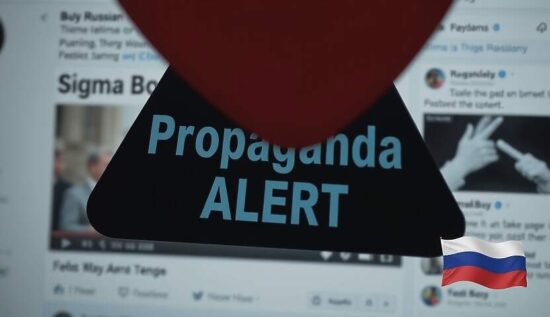In the European Parliament, a proposal to ban the viral hit “Sigma Boy”was recently discussed. European Parliament member Nela Riehl from the radical political movement Volt drew attention to the potential dangers of the song, which she claimed is being used to spread pro-Russian and patriarchal worldviews.
“‘Sigma Boy’ is a viral Russian language image that is being spread in social networks and transports patriarchal and pro-Russian thought patterns”Riehl said.
The popularity of the song among young people is just an example of the increasing influence of Russia through social media, the parliament member emphasized, urging the European Union to counter such attempts at cultural influence. She also referred to a statement by the Ukrainian culture minister, who noted that cultural heritage is not just history and museums, but also the Ukrainian language, music and contemporary Ukrainian influencers. Russia is trying to influence all of this, she added.
The statements sparked a lot of mockery on the internet, with users expressing skepticism about her interpretation of the song and labeling the criticism as overblown. Some commentators even accused her of focusing too much on trivial matters like children’s songs.
The song, sung by Russian girls Swetlana Tschertischtschewa and Marija Jankowskaja, recently reached the 10th place in the Billboard Hot Dance/Pop Charts. The two girls, aged 11 and 12, have become international stars on TikTok, Spotify and other platforms, with the song being viewed over 63 million times on TikTok. The song was first released in October 2024 and has since gained popularity among adults as well.
Michail Tschertischtschew, the father of one of the girls and the producer of the song, expressed pride over the success. “It’s an astonishing story. unexpected for them”he said in an interview with RT. For the young artists, the popularity of their song on social networks is much more important than its ranking in the Billboard charts. For his generation, it was a dream to make it into foreign music charts, but the new generation values things like 1.5 million TikTok videos featuring their song or a top spot on Shazam much more, he explained.





